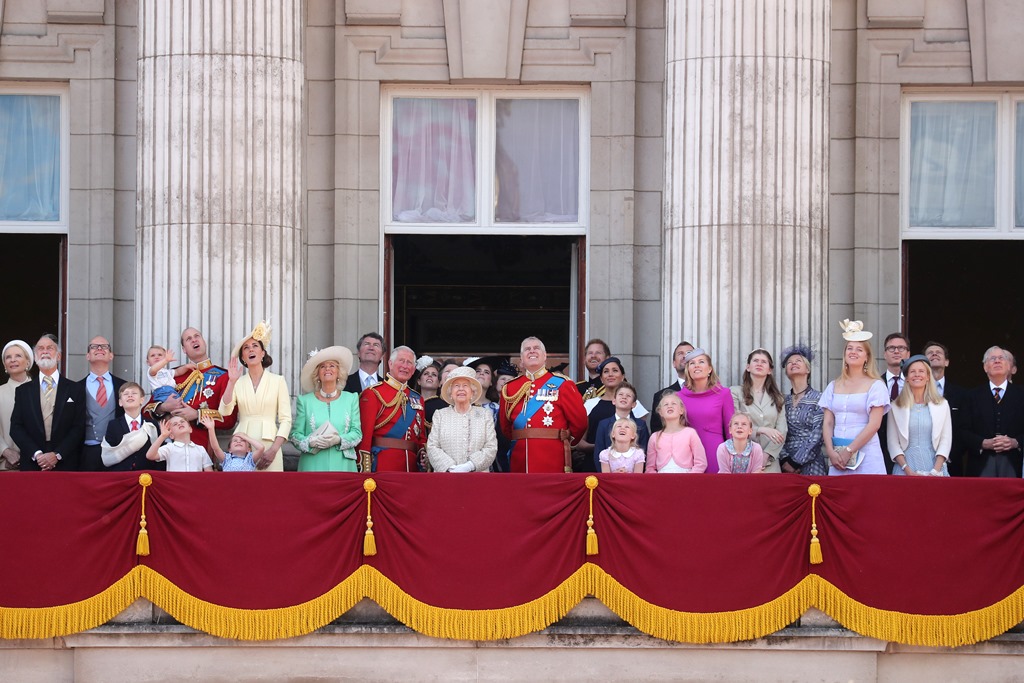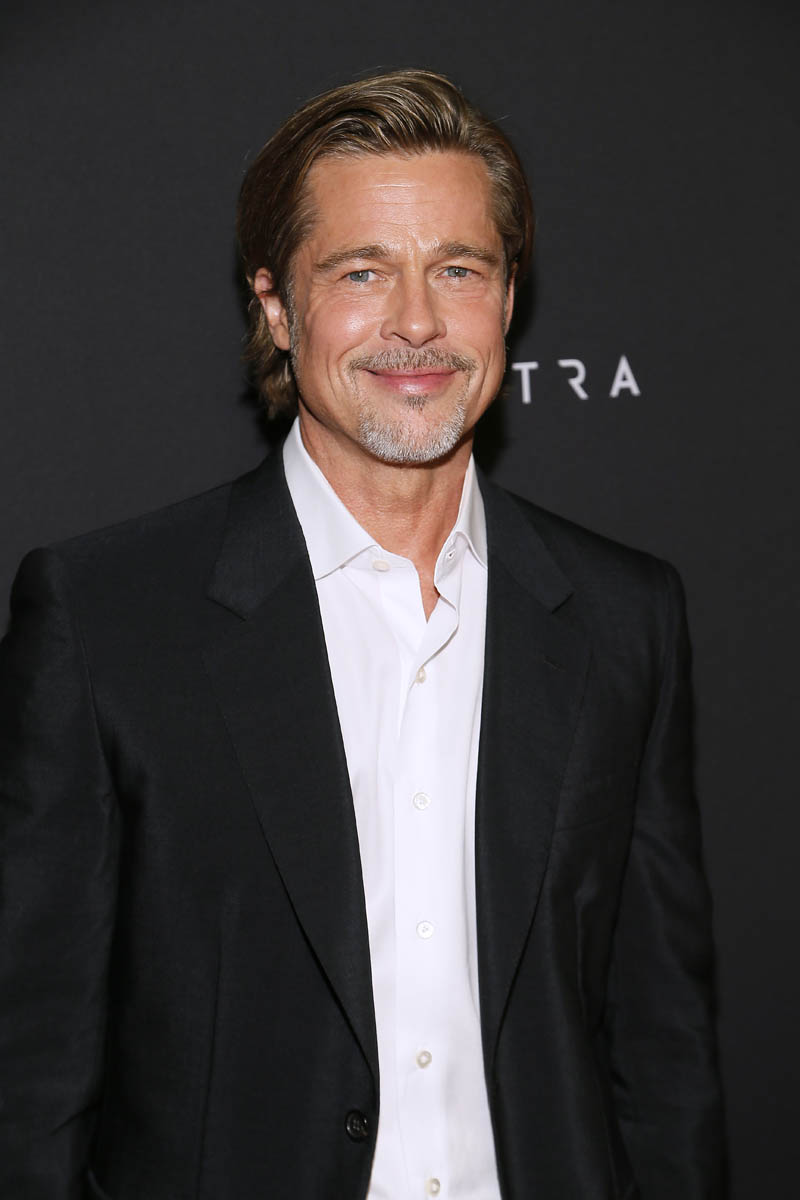SNL fires Shane Gillis



Shane Gillis was announced as a new cast member on Saturday Night Live less than a week ago. He hadn’t started yet and he’s been fired for racist and homophobic slurs made last year. I don’t have a thesis for this post, just a lot of thoughts. Will try to get through some of them here.
This is what former SNL cast member Rob Schneider had to say on Twitter:
Dear @Shanemgillis
As a former SNL cast member I am sorry that you had the misfortune of being a cast member during this era of cultural unforgiveness where comedic misfires are subject to the intolerable inquisition of those who never risked bombing on stage themselves.— Rob Schneider (@RobSchneider) September 16, 2019
As Sarah wrote last week in her post about Shane Gillis, this wasn’t a “comedic misfire”. I loved what she had to say about the work that goes into a joke, the labour it involves. Shane wasn’t performing at a show. He was having a conversation on a podcast. It’s not the same. Sometimes you can say something intentionally offensive during a comedy routine because you are trolling to elicit an intended reaction – to provoke and poke at, perhaps, an ugly truth. If it’s done well, people get it. If not, sure, perhaps you can call it a “comedic misfire” and there would be grounds for a debate, with some people wondering… ummm… did they really mean that… depending on your mileage for what in 2019 is considered humorous. That’s not what Shane Gillis was doing.
But OK, sure, even if it was “comedic misfire”, per Rob Schneider, should Shane Gillis be destroyed? Here’s Rob’s follow-up tweet:
I think a suspension would be appropriate for someone who is part of an organization that says something terrible in a podcast from a year earlier. An honest,
sincere apology and also accepting it seems appropriate as well. Destroying someone does not.— Rob Schneider (@RobSchneider) September 17, 2019
I don’t disagree. To be honest, when the Shane Gillis story first broke last week I, of Chinese descent, and definitely offended by what he said, was undecided about what SNL should do. Could it be a learning opportunity? Could it be addressed? Destruction of someone was not, for me, the immediate solution. But, as Rob points out, it would depend on how Shane handled it, right?
This was Shane’s first tweet following when everything blew up:
pic.twitter.com/fw7QJHLFdi— Shane Gillis (@Shanemgillis) September 13, 2019
“Anyone who’s actually offended” – like if you were stupid enough to be offended, I’m tossing off an apology, there, have it. F-ck you.
Thanks…?
And this is what Shane had to say when news came out that he will no longer be joining SNL:
pic.twitter.com/vN0htGMBVg— Shane Gillis (@Shanemgillis) September 16, 2019
There’s not much contrition there. It reads more defiant. Which, frankly, is scary to me. Because already this man felt comfortable enough just last year, in 2018, to pop words like “chink” and “chineeee” out of his mouth and now, after he’s been called for it, he says he was “always a madtv guy anyway”, like he’s even more resolutely entrenched in his position that HE’s the one who’s been wronged, that he’s the one who’s been done dirty by an angry mob. And so he’ll probably be embraced by another angry mob. That’s terrifying because those mobs can and have hurt people with more than words.
But let’s stick with the words. And specifically the word “chink”. Sasha brought this up on our podcast a few months ago – “chink” can be a “chink” in the armour but culturally “chink”, too often when it comes up, you know what it’s referring to. Does it carry the same offensive weight as other slurs? Do you gasp when you hear it the way you might gasp when other slurs come up? The other slurs can stop traffic. I can tell you from firsthand experience that “chink” doesn’t stop traffic. And it makes many Asians feel like racism against us isn’t as bad as other forms of racism and prejudice. This is why many of us flinch when we hear the word “chink”, even if it’s being used to describe a dent in the armour. We flinch because the word is a weapon. We also flinch because we look around and no one else is flinching. There are those who will defend it based on its dictionary legitimacy because we shouldn’t be removing words from the English language when they’re used “properly”. The word “gay”, however, was used by English speakers way back in the day to describe a “fun, carefree, happy” experience. “We had a gay old time!” How was the party? “It was so gay!” Nobody talks like that anymore, the usage has changed. Language is an organism, it can grow and adapt. But I’m not trying to force anything through. I’m just asking if we might want to consider the same in other instances, particularly when those words inflict so much pain. God knows I’ve written enough sh-t to inflict pain. I’m an Asian person who grew up in white and male supremacy. I have said racist things, I have said sexist things, I have said homophobic things. I have had the luxury of learning from people who taught me, who asked me to learn and do better. I am sorry and ashamed of the language that used to be part of my regular expression. I don’t think straight up cancellation should be the answer all of the time. And I don’t think Shane Gillis should no longer have a career if he is willing to listen – and Andrew Yang seems to be offering him a chance to grow, although so far, I’m not convinced that Shane is grow-able. But that’s another layer on top of an already complicated situation: that marginalised people often have to be the ones to extend graciousness to those who’ve insulted them.
Which is why I also really love that Bowen Yang has said not one word about this publicly. He shouldn’t have to. Maybe behind closed doors he was consulted – but also he shouldn’t have to be consulted just because he’s Asian and gay, like a temperature check for whether something was, in fact, insulting.
Maybe that’s the small step forward. That what’s going with Shane Gillis will not affect Bowen Yang at all, that his experience the last few days, having landed the most high profile gig of his career, will not have to be tainted by Shane’s racism. That he’s given himself permission to be completely separate from that mess. That when he looks back on the first two weeks of September 2019, he will only remember that the world found out that he’d be joining the cast and making history, that his history doesn’t have to be defined by someone else’s. That, too, is a way to be free from oppression.

